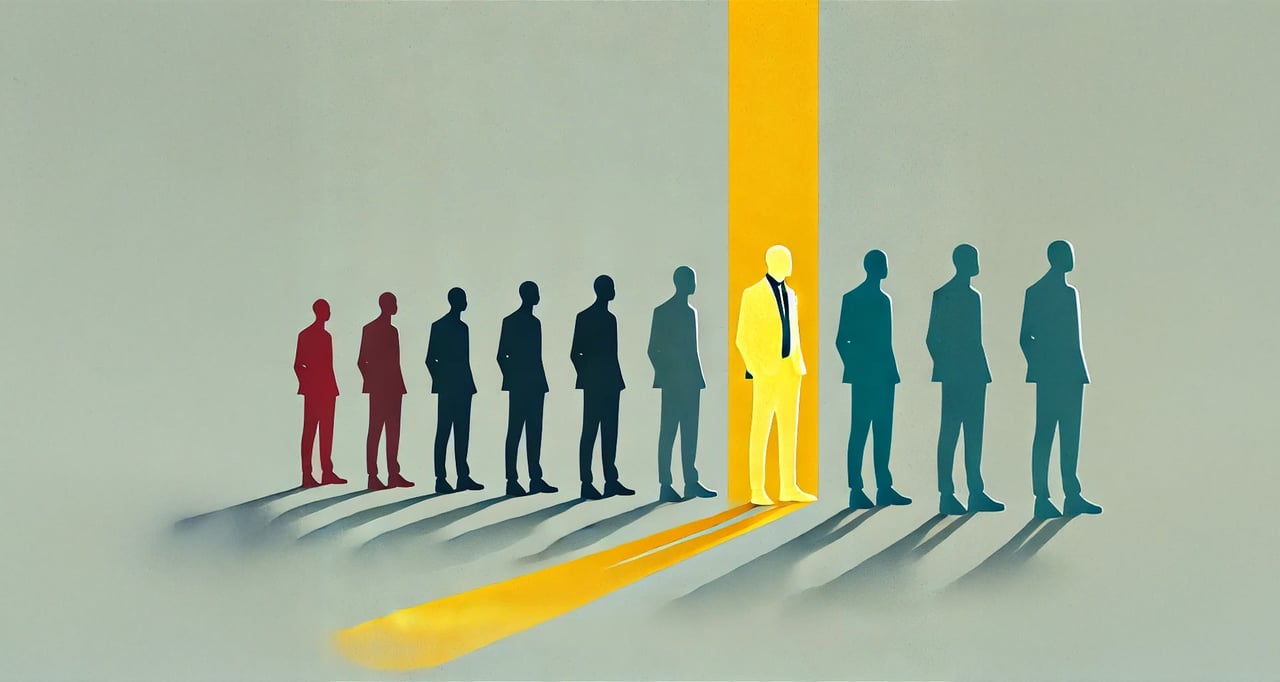
Strivenn Thinking
Will I Be Replaced By A Robot?
By Matt Wilkinson
It’s a question that’s moved from sci-fi films to serious Slack threads and Reddit forums among marketers - especially those in highly specialised fields like life sciences.
As AI capabilities grow, so do the concerns. Will automation steal creative roles? Will brand voice be lost to generic outputs? Will marketers be left behind in favour of more efficient machines?
These aren't just hypotheticals - they’re real fears voiced by professionals navigating today’s AI-powered landscape. But within this uncertainty lies an opportunity: to redefine what makes marketers indispensable.
The Human Touch Is Under Scrutiny
Across forums, webinars, and industry blogs, a shared anxiety pulses through marketing communities:
- Job Security: Marketers fear they’ll be outpaced - or replaced - by tools that can generate content in seconds.
- Creativity at Risk: There’s concern that automation could turn marketing into a factory line of lifeless copy and templated campaigns.
- Loss of Brand Voice: Especially in industries like life sciences, where nuance, tone, and credibility matter deeply, marketers worry that AI could dilute their distinct voice.
Yet even as these concerns swirl, many are discovering a nuanced truth: AI isn’t here to erase the human element - it’s here to elevate it.
Existential Threat or Helpful Tool: Reframing the AI Narrative
Rather than resisting AI, forward-thinking marketers are reframing it as a tool for amplification - not replacement. A common thread across these discussions is this mantra: Use AI for the grunt work, not the great work.
Here’s how that looks in practice:
- Saving Time, Not Creativity: AI can save marketers 8–12 hours a week on tasks like first drafts or data summaries. That time can now go toward strategy, ideation, and experimentation.
- Preserving Voice Through Prompt Engineering: Some brands “train” AI using their past content or instruct it to write in tones suited to both scientists and CFOs - keeping outputs aligned with their audience.
- Human Editing as Quality Control: One marketer summed it up perfectly: “AI writes, we edit.” Humans still own the final say, ensuring authenticity and strategic intent.
In his book, Audacious: How Humans Win in an AI Marketing World, Mark Schaefer emphasizes that the true competitive advantage lies in "out-humaning" AI. He stresses that fearless creativity - not algorithms - captures attention and builds lasting loyalty.
Schaefer introduces the concept of "everyday awe," encouraging marketers to create small but profound moments that transform passive customers into passionate advocates. This approach aligns with the idea that while AI can handle routine tasks, the human capacity to inspire and connect on an emotional level remains unparalleled.
The idea that AI kills creativity misunderstands what creativity is: it’s not just output; it’s connection, intuition, and storytelling.
AI can help generate ideas or visualize concepts, but the spark - that “aha” moment - still belongs to people.
Becoming AI Conductors
Perhaps the most empowering shift is viewing marketers as AI conductors. The marketers who thrive won’t be those who fear AI, but those who direct an orchestra of agents - curating, refining, and building on what AI produces.
This doesn’t mean ignoring ethical concerns or creative risks. It means staying actively involved, continuously learning, and setting boundaries for what automation should - and shouldn’t - touch.
So, will marketers be replaced by AI? No - but those who don’t adapt might be replaced by those who do.
The marketers of tomorrow aren’t vanishing - they’re evolving. They are busy leveraging AI to do more, think deeper, and create better. In life sciences and beyond, the human voice - our creativity, empathy, and strategy - remains the irreplaceable core of marketing.
Your move: Start small. Use AI to handle one routine task this week. Then reinvest that saved time into something only you can do - like shaping your next big idea.



